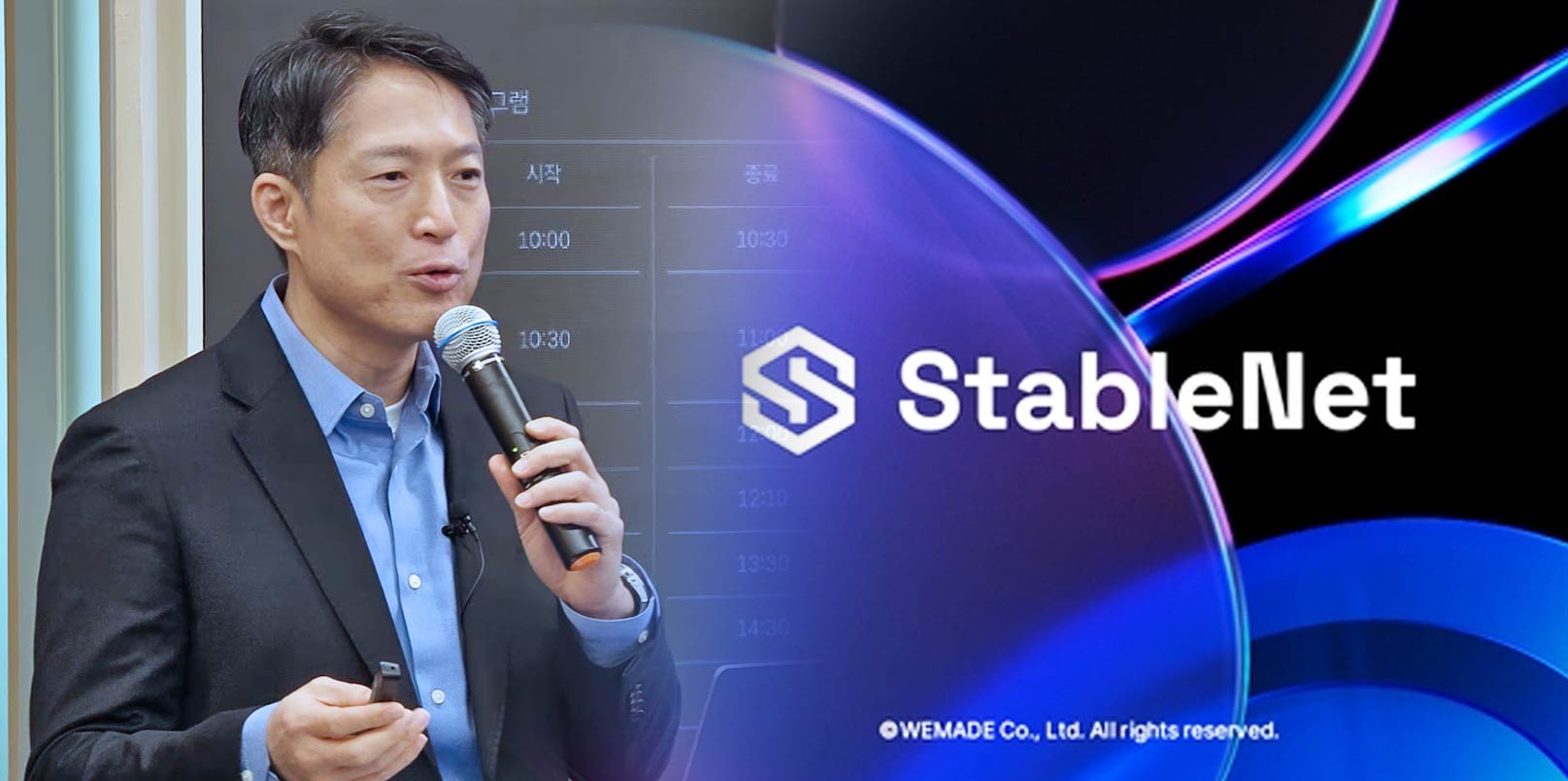With the COVID-19 pandemic changing global dynamics of doing business and working, the need for change in governance, policies, inclusion, and economy has seen a paradigm shift. The digital era is transforming industries, society, and startups are setting up the stage for new governance methods and new economies.
Blockchain firm Hashed has been promoting the idea of the protocol economy that decentralizes power that can transform the global economy and the internet. Simon Kim, CEO of Hashed, had talked about the emergence of ‘protocol economy’ at the COMEUP 2020 event, South Korea’s biggest event for Korean and global startups.
What is Protocol Economy?
The digital transformation and emergence of e-commerce in recent years has given a new form of economic activity – the platform. Businesses like Apple, Google, and Amazon have established platforms to cater to consumers’ needs and created what is known as a ‘platform’ economy where the businesses are not the primary producers of products & services they sell. In the “platform economy,” employees work freely, without boundaries, and only produce what they want.
Another form of suggested economy arises in the form of “protocol economy,” which aims to counter monopoly in industries. It implements a set of rules governed by principles and moral values, minimizing human intervention in the spirit of fairness and individual empowerment. Both the platform economy and protocol economy agree on a labour less utopian society based on technology.
“The protocol economy is an economic system where individuals or groups can participate in economic activities and earn rewards according to their contributions. This model is similar to that of the Bitcoin mining network. In this economic model, the community is the key component. And, in order to run this community seamlessly, an overarching yet sustainable token model is needed that could encourage benevolent actions and curb malevolent actions,” writes Simon Kim in his blog on Medium.
Hashed’s invests in ‘Protocol Economy’ & Synthetic tokens
As a company formed by blockchain experts, Hashed has constantly argued the significance of the protocol economy and the idea that blockchain will be a big enabler of the protocol economy. The company has been investing heavily in the DeFi industry or Decentralized Finance. DeFi is an experimental finance form where there is no reliance on brokerages, exchanges, agencies or banks but contracts on blockchains – most common being Ethereum are done.
“We started out our DeFi journey by investing in Kyber Network at the early stage, and expanded our footprints by investing in Maker’s MKR token. In line with these efforts, Hashed has helped Synthetix team to expand its business since early 2020. We believe that Synthetix is one of the key players in the DeFi ecosystem for its TVL(Total Value Locked) is approximately $321M — the third biggest DeFi protocol following Maker. But, it is not just the size of Synthetix but the team’s vision on DeFi that led Hashed to take a deeper look. Indeed, Synthetix is the team that by far has come closest to Hashed’s DeFi theses,” Kim’s blog mentions.
Hashed’s experts emphasize that the DeFi ecosystem will grow further with the growth of Virtual Reality. Blockchain games are set to present more opportunities for DeFi services and percolate to various asset markets that can act as currency or real estate exchange (virtual).
“One of the simplest methods to bring the real economy asset transaction volume to a blockchain is to put those assets to the off-chain custodian and launch tokens. This method is similarly adopted by USDT or USDC, which are backed by dollars in banks. Indeed, many are experimenting with this idea with tokenized real estate so that they could implement tokenization to other assets. However, the tokenization requires centralized intermediaries or administrators who will carry out fiduciary obligations. Moreover, there is a room for legal conflicts whether those tokens could represent ownerships. For instance, if real estate tokens are hacked, would hackers have ownership over the underlying assets (real estate in this case)? By leveraging synthetic tokens, we can minimize the role of custodian and come up with more innovative approaches,” Tim’s blog explains while expanding on subject of investing in Synthetix.
“We believe that the protocol economy model that Synthetix team adopted has provided a good precedent for other crypto projects. As a blockchain investor with offices both in Asia and the US, Hashed will expand its footprints among the DeFi projects worldwide. Indeed, we will not stop ourselves from just throwing money into the projects with high potential, but actively help those DeFi teams in areas like brand awareness and user acquisition,” Tim emphasis in his blog.
Read More,






